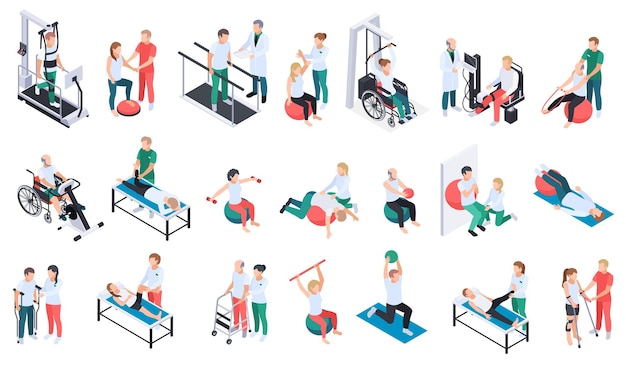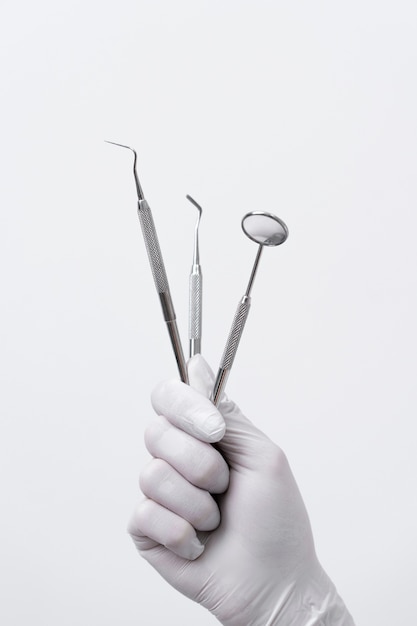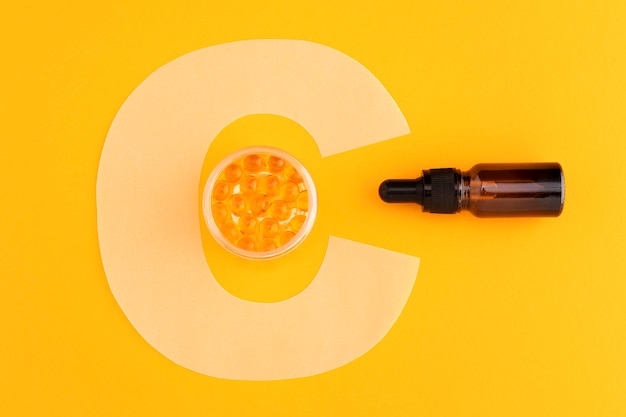

Drug and alcohol addiction are essentially the same disease. It’s not so much about which substance is used, but more about how a person reacts, behaves, and their genetic response while using it. Some people can drink socially or use drugs occasionally without feeling the need to continue. For addicts, however, stopping isn’t easy—they can’t control the urge and eventually develop a full-blown physical addiction.
Addiction is Treatable
The good news is that addiction can be treated. Effective treatment methods combine holistic approaches with well-known practices like 12-step meetings. However, it’s important to remember that addiction isn’t curable. Once someone starts treatment and works towards recovery, staying clean becomes a lifelong commitment.
Treatment begins with addressing the initial, critical period. During this time, various medical conditions and deficiencies might have developed due to drug use, so a short hospital stay might be necessary for detoxification and to help rebuild the person’s health.
After detox, the person may either go back to their daily life or, ideally, enter a drug addiction recovery center. Extended treatment in such a center significantly improves the chances of success compared to relying on support groups alone. This step is crucial for achieving the best outcomes.
Types of Treatments
Addiction treatment is a multi-step process that involves several precise, individualized methods. The first step is medical care for detox. Without it, withdrawal can be so severe that relapse is almost certain, and sudden withdrawal can even be fatal.
Following detox, places like the Ambrosia Treatment Center continue the treatment with psychological and group counseling, patient education, and individual therapy, all of which significantly enhance recovery prospects.
There are also other, less conventional treatments meant to complement an inpatient stay at a reputable treatment center. Insurance companies now recognize drug addiction as a legitimate disease, which means they offer varying levels of coverage for treatment.
One such alternative is rapid detoxification under anesthesia. This method can detoxify a person in just a few hours, preventing withdrawal symptoms. However, the person still needs to address the availability of drugs and their behavioral tendencies.
Conclusion
With numerous options available for addiction recovery, sticking to proven methods while making use of existing resources tends to offer the best results.

